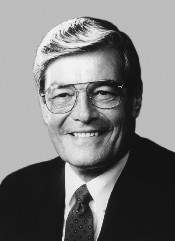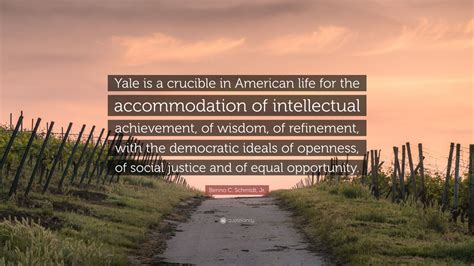A Quote by Edward Snowden
Related Quotes
When a judge goes beyond [his proper function] and reads entirely new values into the Constitution, values the framers and ratifiers did not put there, he deprives the people of their liberty. That liberty, which the Constitution clearly envisions, is the liberty of the people to set their own social agenda through the process of democracy.
What I do think is important is this idea of a 'privacy native' where you grow up in a world where the values of privacy are very different. So it's not that I'm against privacy but that the values around privacy are very different for me and for people who are younger than my parent's generation, for whom it's weird to live in a glass house.
In a democracy it is ultimately for us, the citizens, to judge where to place the balance between security and privacy, safety and liberty. It's our lives and liberties that are threatened, not only by terrorism but also by massive depredations of our privacy in the name of counter-terrorism. If those companies from which governments actually take most of our intimate details want to show that they are still on the side of the angels, they had better join this struggle for transparency too.
I don't think he would have had any trouble answering Justice Sonia Sotomayor's excellent challenge in a case involving GPS surveillance. She said we need an alternative to this whole way of thinking about the privacy now which says that when you give data to a third party, you have no expectations of privacy. And [Louis] Brandeis would have said nonsense, of course you have expectations of privacy because it's intellectual privacy that has to be protected. That's my attempt to channel him on some of those privacy questions.





































